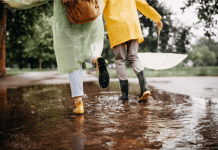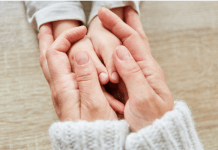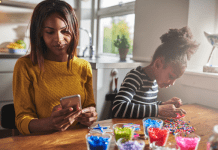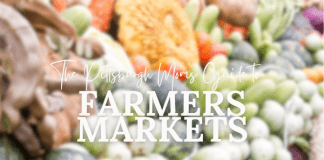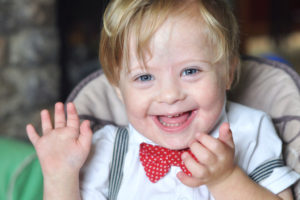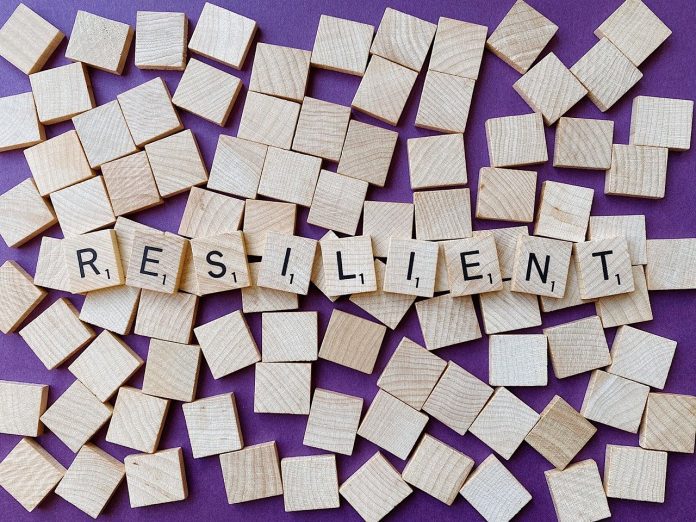
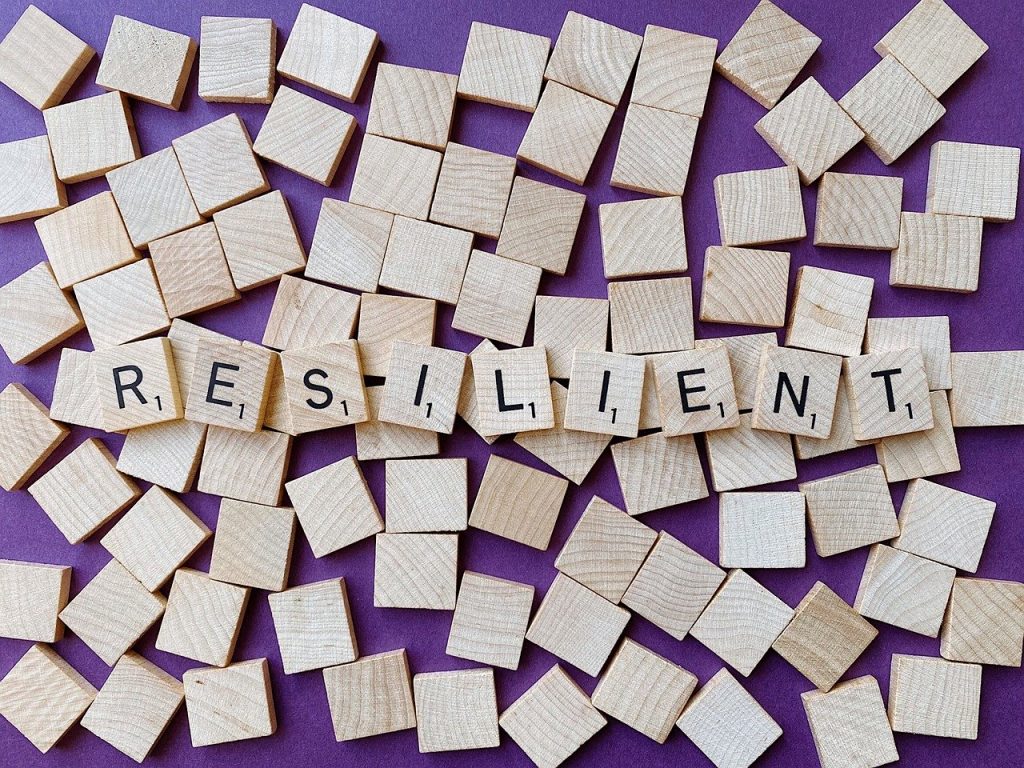
Here in Pittsburgh, we’ve become accustomed to coronavirus quarantine since mid-March.
Since all that upheaval two months ago, things have sort of leveled off. We’re even starting to see some restrictions eased a bit as our region did quite well containing the virus. But there’s still that underlying sense of disappointment, loss, unease, discomfort, and dare I say it … grief.
Not because someone died (though we have experienced loss in my circle of family and friends during the past two months). Grief, because we’re mourning the loss of normalcy, of our old routines, of the old way of doing things. Grief, because we’re also mourning the loss of what we could have had but can’t now that coronavirus restrictions are in place across the country.
And, like many people, I struggled. Still do. Part of what helped me was learning more about resilience.
What is Resilience?
Resilience is being able to bounce back after failures, setbacks, tragedies, and the like. Resilient people do not falter when faced with tremendous hardship; instead, they find ways to not just cope, but pivot. It’s a characteristic that some people possess naturally, but it can be learned, too.
Teaching Yourself to be Resilient
Becoming more resilient parents helps us to raise more resilient children. For our teens, this is one of, if not the first, defining period of their lives so far when the entire nation grieved and reacted as one. My generation had the Columbine shooting, 9/11, the subsequent occupation of Iraq and Afghanistan, and the recession in 2008 and 2009. Possibly the Gulf War, for my peers who are just a few years older. My 17-year-old stepson has lived through multiple school shootings in the news, but thankfully nothing that hits close to home. So for him, the feelings of unease and uncertainty on a national scale are truly unprecedented.
And for us, as parents, just because we’ve lived through at least one major national tragedy doesn’t mean we are able to cope with the fallout from coronavirus, especially when a lot of us are also trying to juggle working from home with the kids.
This one article in Harvard Business Review’s On Emotional Intelligence helped me to understand resilience better, and how to cultivate it. According to the article, resilient people have three characteristics:
- They accept the harsh realities facing them.
- They find meaning in terrible times.
- They can improvise, making do with what they have and adjusting as needed.
Step One: Accept Reality.
It begins with accepting things as they are, without denying the facts, sugarcoating the reality, or putting overly optimistic timetables in place. It’s not pessimism; it’s seeing the reality for exactly what it is at the present time and preparing yourself how to act accordingly. The goals are to endure, and to respond (not react).
So instead of saying something like “I bet things will reopen and get back to normal by Memorial Day/July 4th/etc” we instead prepare ourselves for a long recovery, with a transition that’s hard to plan for, that could change, and that when things reopen, it won’t be the same as it was before. If we keep that in mind, how can we plan our lives and our activities if we accept there isn’t a clear timetable?
You’ll remember I said above that the goals are to endure … and respond. When we respond to a situation, we have control over our actions, and we can see alternatives. When we react, we fly by the seat of our pants.
Step Two: Find Meaning.
The second step is to find meaning. It’s easy to react negatively with all this coronavirus mess. I have had more than my fair share of alcohol and food during quarantine … it’s a short-term coping mechanism that I seriously need to work on! Most of us have a space we go to in our heads that’s not entirely healthy when we’re faced with something big and uncertain and uncomfortable, like coronavirus. The goal here is to first acknowledge your feelings, give them validity … then move on.
How can we find a purpose in chaos? The article suggested envisioning where you want to be when the really hard stuff is over. Where do you see yourself? How can you use that vision to create concrete goals for yourself now? A friend of mine is using this time to work out more often and get in better shape, even though he’s laid off. My sister-in-law enrolled in a digital marketing certificate program with Duke University. A friend’s stepdaughter has used this time to learn how to cook and get crafty with DIY projects.
Me? I’m finding meaning in the day-to-day things that I am thankful for but haven’t been able to envision a long-term goal yet. What has helped me is to practice gratitude and try to get more sleep.
Step Three: Improvise.
And third, continually improvise. Make the most of what you have and try to imagine possibilities that maybe didn’t exist before. In our daily lives, this can be as simple as putting dinner together with a hodge-podge of ingredients. Or creating a life size version of a game, like that one family did with Hungry Hungry Hippos. There’s always been camping in the back yard as an option or using paid time off to just stay at home and relax instead of taking a trip.
What’s your parenting contingency plan going to be, in other words? Let’s start by thinking like our kids, who operate out of sheer curiosity half the time. My toddler likes to throw the same two-piece plastic ball at the floor to find out how he can break it open, for example. My 19-month-old daughter will eat a granola bar sideways. No idea why she does it; but she experimented with different ways of biting it and for her, sideways works best (until it splits in two). My point is, let’s continue to get inventive about how we spend our time and what we do with our families.
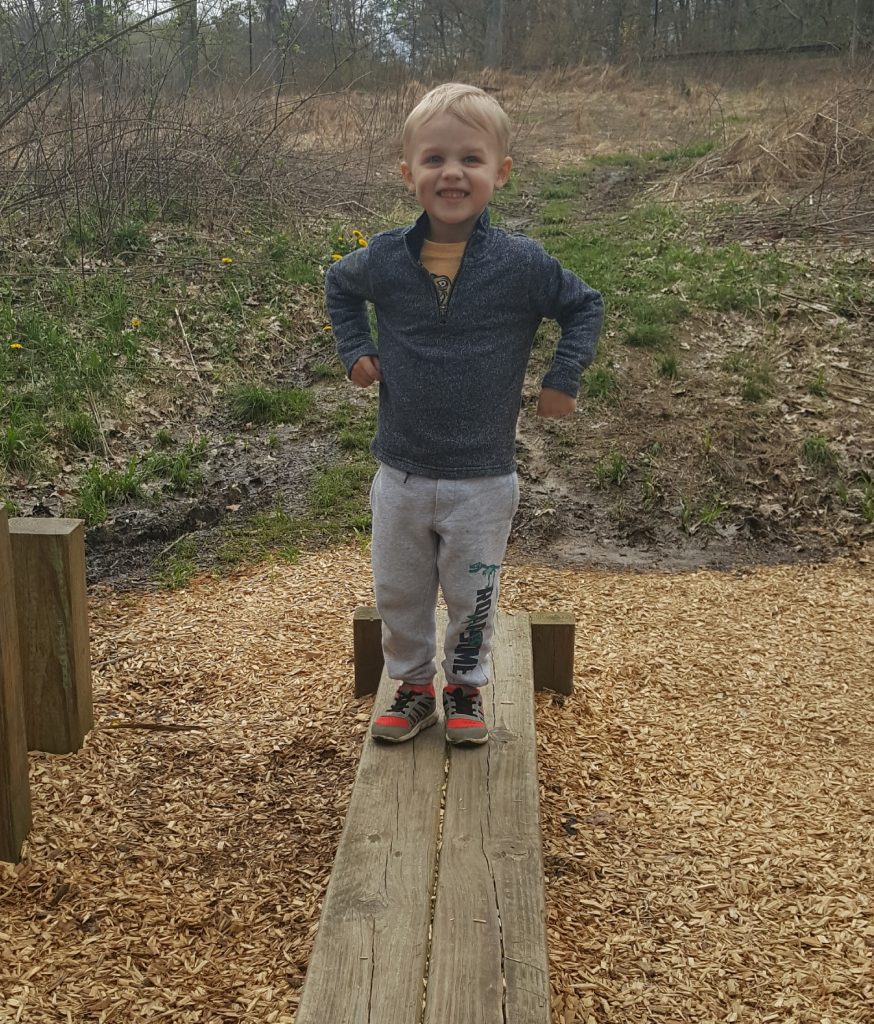
Learning to become more resilient isn’t as easy as 1-2-3, and it’s a circular process. We have to keep going back to remind ourselves of certain things, like finding the good in the bad. Hopefully though, we can learn to become happier, more present parents who can guide our kids through this pandemic with a little bit more clarity and thoughtfulness. And wine. Always the wine.



